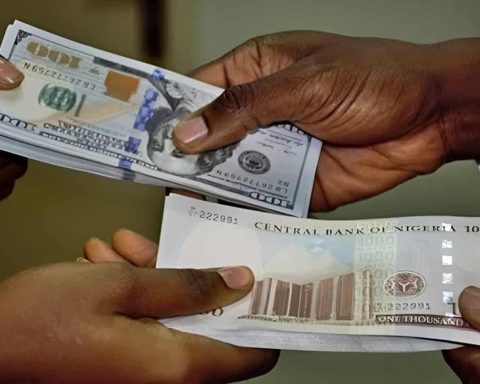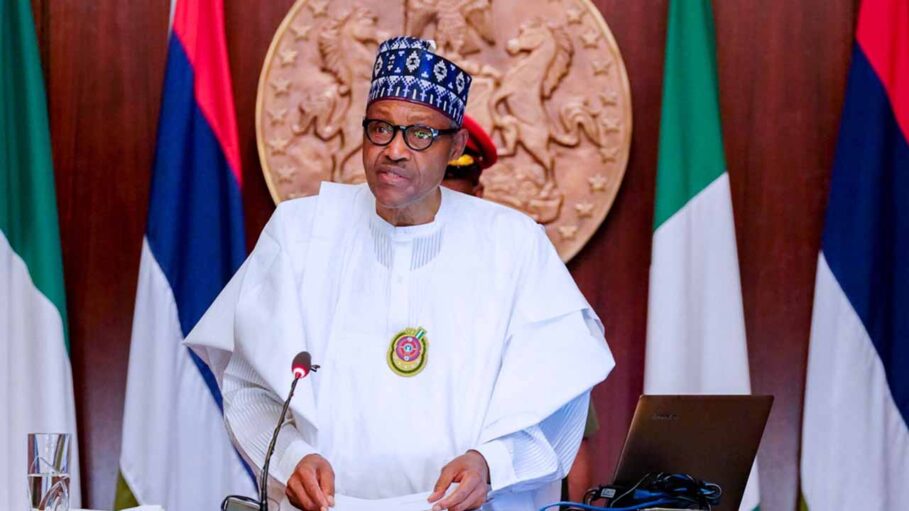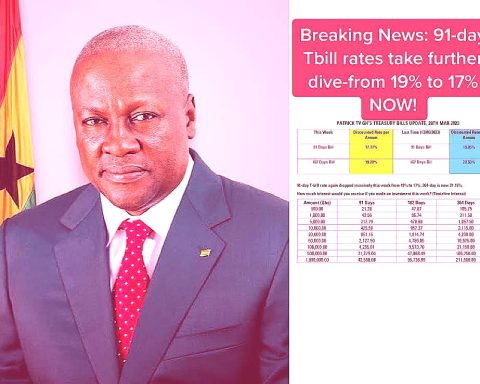Within 12 months, Nigeria’s foreign reserves fell by $3.43 billion in 2022. However, it increased towards the end of the same year, reflecting the projection made by a member of the Central Bank of Nigeria’s (CBN) Monetary Policy Committee (MPC).
The external reserves dipped by -8.46 per cent year-on-year, considering at the end of December 31, 2021, it stood at $40.52 billion, but the amount fell to $37.09 billion at the end of December 29, 2022.
Join our WhatsApp ChannelHowever, in the fourth quarter of 2022, the foreign reserves increased by 0.59 per cent between October to December last year.
The reserves had closed October with $36.87 billion but increased by $222 million to $37.09 billion at end of December 29, 2022.
The increase followed the projection of a member of the Monetary Policy Committee (CBN) of the Central Bank of Nigeria (CBN), Robert Asogwa, in November last year, that the external reserves will rise going into 2023.
During the CBN Monetary Policy Committee meeting in November 2022, Asogwa had listed reduction in oil theft and an increase in overseas remittances as factors that will drive the external reserves up this year.
“Interestingly, the publicised reduction in oil thefts across the Niger delta and the rising prospects of increased overseas remittances would likely boost the gross external reserves to a large extent in early 2023,” Asogwa was quoted in the MPC communique.
He also blamed the decline in oil exports as a reason for the drop in foreign reserves, stating: “The recent drop in external reserves is, however, linked to the decline in oil exports even at a time of higher oil prices.”
Meanwhile, the Monetary Policy Committee also addressed the declining reserves in November, “The committee observed the decline in the external reserves position, as gross external reserves decreased by 1.34 per cent at end-October 2022 to $36.87bn, from $37.39bn at end-September 2022.
“With indications of lower crude oil prices in the futures market, members urged the Bank to sustain its current policies to boost non-oil exports in order to shore up the external reserves.”














